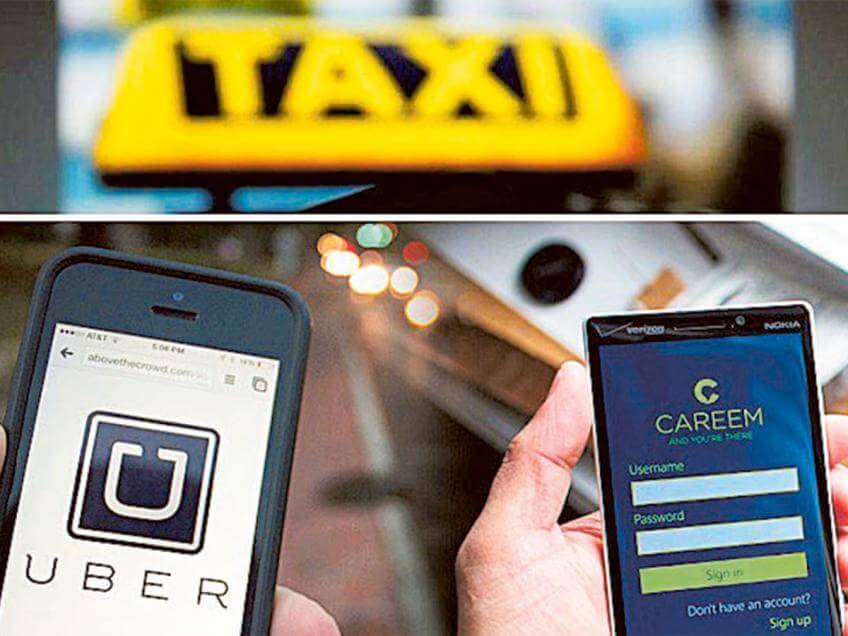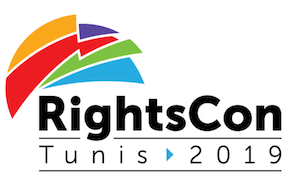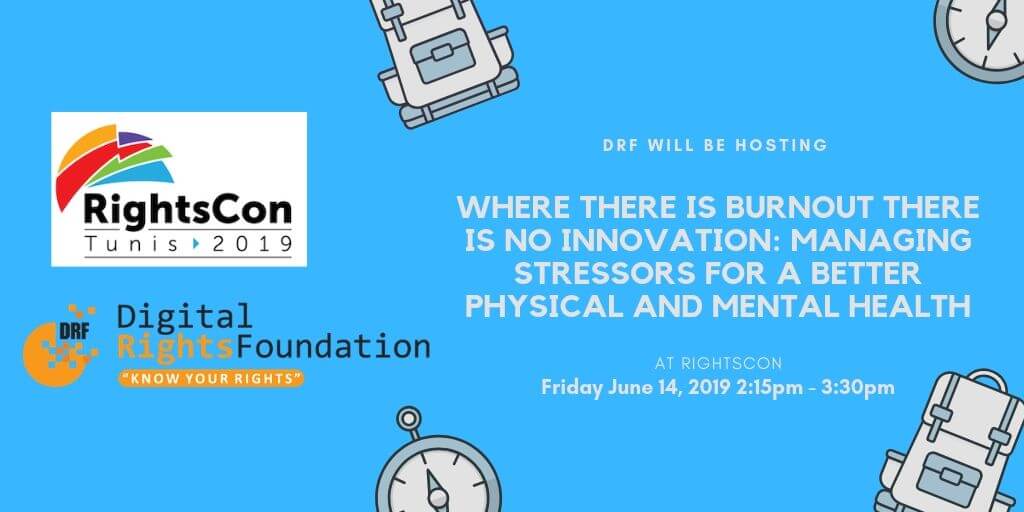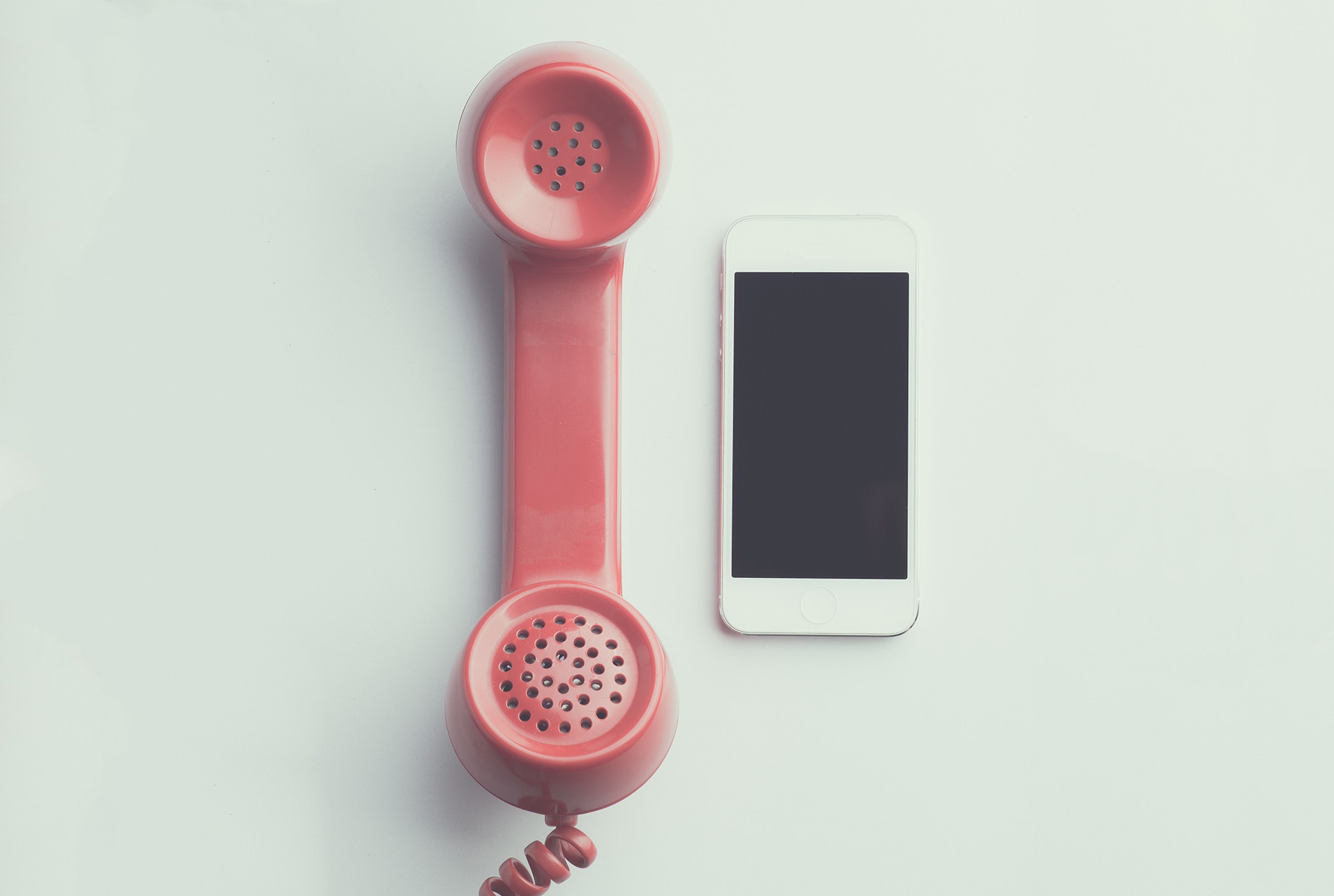May 14, 2019 - Comments Off on Doxxing: What is it and How You Can Protect Yourself

"Ever come across personal advertisements online? Where personal numbers are posted for seeking sexual acts? Or just someone’s address randomly floating around?
“I got doxxed by a stranger and the online harassment took over my life.”
“I got doxxed, stalked and harassed by men I have never met in my life.”
“Strange men won’t stop calling me and responding to an ad I know nothing of!”
Such incidents are all too familiar in an online forum where a rule against publishing personal information is disregarded.The essence of doxxing isn’t simply the privacy of the information. It’s how it’s used.
The term dox comes from the idea of collecting documents or “docs” about an individual.
The collection and publishing of this private information online, is usually done with the intent of inciting harassment in real life. It can involve anything from personal photographs, telephone numbers, social security number, credit card/banking information, home address and social media profiles and so on and so forth. Doxing often uses personally identifiable information, or a combination of non-personal information that can be weaponised to reveal the identity of an individual.
Although this fad has been around in the hacker community since the 1990’s, it has now become a major threat to anyone who uses the internet. When you “dox” someone you are documenting their personal information. It's a weapon and it can be used for good or evil. However, it is mostly used as a method of attack.
Hackers have developed different ways to dox, but one of the most common methods is by finding the victim’s email. Once the email has been obtained, the hacker works to uncover the password and open the victims account to obtain more personal information.This leads to impersonation, identity theft, financial fraud and defamation. And once the hacker has the adequate amount of information they need it leads to online harassment and in many cases; stalking.
The internet is a giant engine for uncovering and disseminating information. That can definitely be an amazing tool for holding people accountable. But it can also be a way to ruin people’s lives- be it their jobs, money and even their families!
Doxing can potentially be one of the most violent things a person can do to someone from a distance.
It's an effective tool for bad actors, because the internet can cough up a shocking amount of publicly available information about practically anyone.
People generally don't think about their online security, until it's too late. What people can really give about you is stuff that you've already given away about yourself.
While there are specific steps everyone can take to guard their privacy online, the stark reality is that anyone can be a victim of doxing, especially with the vast variety of search tools and information easily available online. And while there's no perfect defense against it, there are ways you can prepare for it and help mitigate the fall out.
Here are some ways you can protect yourself and ensure this doesn’t happen to you
- Be aware of how much personal information you are sharing. Make sure that the details you share cannot be pieced together to create a completely identifying profile.
- Never share personally identifying information. If you have posted your address, phone number, or other information that could be used to identify you, you would want to reconsider putting it up.
- You may know people who have thousands of “friends” on Facebook. While the internet is a great way to connect be mindful of the information that is made accessible to these people once you accept their friend request. Only allow people who you trust on Facebook.
- Avoid posting details about where you work. Don’t write about where your children go to school; it is safer to enforce a policy of not posting photos of your children and ask anyone else who takes pictures of them at events not to post them online.
- Make sure google does not have any personal data about you. Simply google your name and number to see if you’ve revealed who you are on internet forums. Delete any information you may find.
Realistically though, hiding all of your personal information and becoming anonymous goes against the very point of social media. But it does makes sense never to post your address, phone number, or birthday online, but people can infer a lot about you based on seemingly innocuous posts even little details like where you work and where you ‘check in” while you’re out.
Deleting old posts and making sure to be careful in the future is an option, or you could go nuclear and delete your social media accounts altogether, but most people won’t be bothered to do so. So just please don’t post your debit card online!
If you feel like you are being doxxed and don’t know what to do, here are some pointers to keep in mind:
- Remember to save everything. If you must delete, take a screenshot first, deleting might impact your ability later if you need to take legal action.
- Your safety is the No.1 priority. Remember to breathe and think clearly. Whatever negative stories are uploaded, please note that this is not your fault. You are not alone. People will step up to help in any way possible. You deserve it and this way, there's somewhat of a witness present.
The large majority of doxxing incidents are just people collecting your personal information from social media sites, not any actual computer hacking. It’s hard to stop it from happening because people generally share way too much info freely online, and even relatively private people could fall victim to it.
If you have been doxxed, where your personal information which you consider to be private and sensitive has been published online and you interpret this dox to be an explicit or an implicit threat, you can use reporting mechanisms within the social media website or and call us on DRF’s helpline on 0800-39393 between 9AM to 5PM.
Written by: Zinnoor Butt









